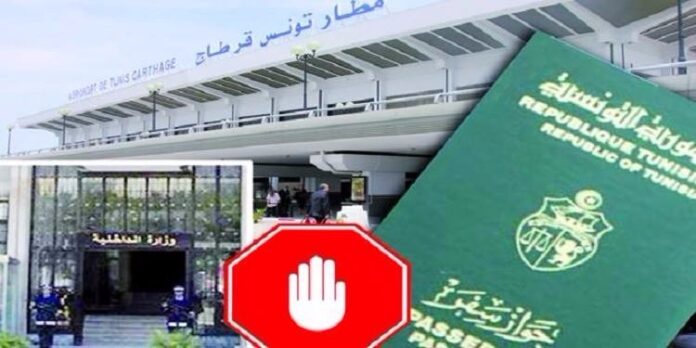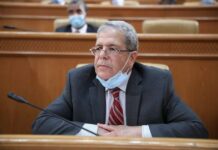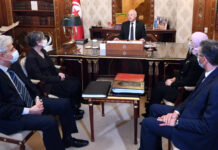During his unannounced visit to Tunis Carthage airport last Monday, where he asked, in particular, about the progress of travel procedures, the President of the Republic Kaïs Saïed said that “freedom of movement is always guaranteed”. However, “persons prosecuted for justice or who are the subject of suspicions of corruption are called upon to regularize their situation”, because he added, “the law is no exception to anyone and applies equally to all”.
However, since the announcement, on the evening of Sunday, July 15, of exceptional measures, in accordance with article 80 of the Constitution, several people who were preparing to take the plane, have been turned away by the border police. Often, without reason or explanation. They are businessmen, senior officials, current or former, deputies, judges, lawyers… and the list is getting longer by the day. Suspected or not of any crime or misdemeanour.
It is the function mentioned in the national identity card or in the passport that makes each passenger suspicious. And if the Head of State explained, during his visit to Tunis Carthage, that these measures are provisional and that they will be lifted as soon as the situation stabilizes, several voices have been raised to denounce them and call for an end to them. They are considered unconstitutional and constitute an obstacle to freedom of movement.
The academic Salsabil Klibi, professor of constitutional law, explained, in a statute published in his page represents a great danger to rights and freedoms that the state of emergency. “Its application implies the suspension of rights and freedoms and the related guarantees, but does not mean the restriction of freedom of movement within and outside the country.”
The travel ban is a preventive measure, generally, taken by the courts. Blocking citizens at the airport, without an order from the prosecutor’s office or the investigating judge, is an arbitrary practice in violation of Tunisian and international law. The head of state, as a good constitutionalist, is not supposed to ignore it. While it has good reason to prevent certain persons suspected of embezzlement, corruption or embezzlement, the exceptional measures it has announced must not restrict freedoms too much in order to fall into arbitrariness.
Translated by Rifi-JDD











